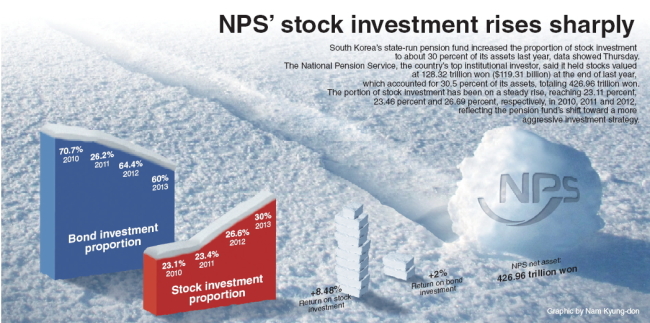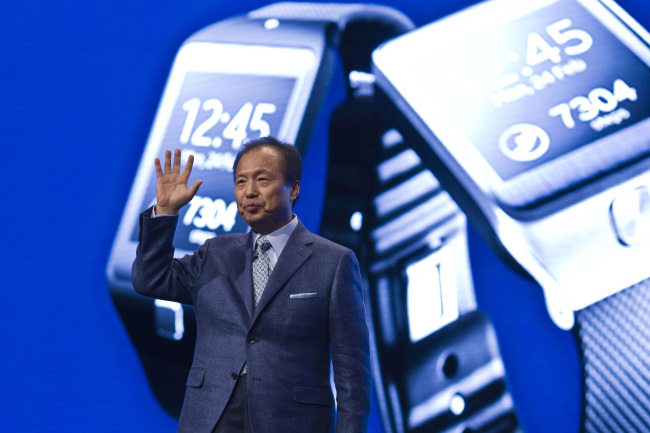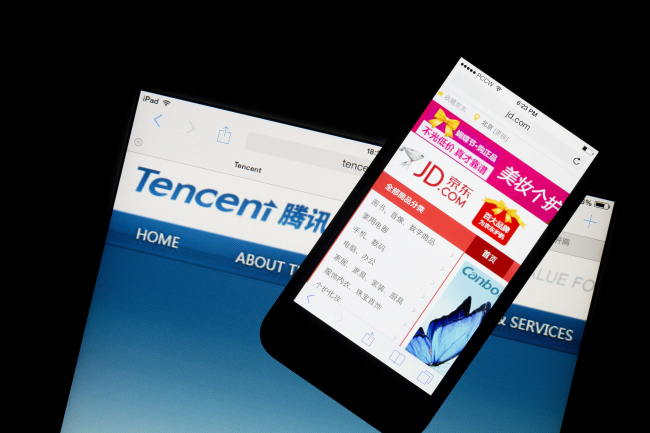By IAN ALLEN | intelNews.org
Authorities in South Korea have charged an intelligence officer with forging Chinese government documents that were used in a court case against a man accused of spying for North Korea. IntelNews readers will remember the case of Yoo Woo-sung, a prominent North Korean defector living in the South, was arrestedlast year on charges of espionage. In May of that year, court documents revealed that Yoo had been arrested following testimony from his own sister, also a North Korean defector. She had apparently been sent to the South by the North Korean intelligence services, and tasked with collecting information on North Korean defectors living across the border. Prosecutors accused Yoo of collecting information on at least 200 North Korean defectors living in the South, while he worked for the Seoul city government. Yoo maintained his innocence throughout his trial. However, his protestations appeared untenable once the South Korean prosecution produced a number of Chinese transit documents showing that he had entered North Korea repeatedly from China, ostensibly in order to transport information to his handlers in Pyongyang. However, in a dramatic turn of events, the case against Yoo collapsed in August of 2013 amidst allegations that some of the documents presented to the court by the prosecutors had been forged. It now appears that the forged documents, which were travel records allegedly issued by the Chinese government, had been given to the prosecution by South Korea’s National Intelligence Service (NIS). Earlier this week, a mid-ranking NIS officer wasdetained after Seoul’s Central District Court issued a warrant for his arrest on charges of producing the forgeries used in Yoo’s trial. The officer, identified in court documents only as “Kim”, is suspected of having collaborated with a Chinese national living in South Korea to obtain blank Chinese government-issued travel forms, which were then modified to frame Yoo during his trial for espionage. South Korean media report that the NIS officer is denying the allegations, claiming that he too had been duped by his Chinese asset who gave him the forms. He is now arguing that the asset was probably working for Chinese intelligence. Meanwhile, Yoo’s case is currently awaiting an appeals trial.
http://intelnews.org/2014/03/20/01-1440/
Authorities in South Korea have charged an intelligence officer with forging Chinese government documents that were used in a court case against a man accused of spying for North Korea. IntelNews readers will remember the case of Yoo Woo-sung, a prominent North Korean defector living in the South, was arrestedlast year on charges of espionage. In May of that year, court documents revealed that Yoo had been arrested following testimony from his own sister, also a North Korean defector. She had apparently been sent to the South by the North Korean intelligence services, and tasked with collecting information on North Korean defectors living across the border. Prosecutors accused Yoo of collecting information on at least 200 North Korean defectors living in the South, while he worked for the Seoul city government. Yoo maintained his innocence throughout his trial. However, his protestations appeared untenable once the South Korean prosecution produced a number of Chinese transit documents showing that he had entered North Korea repeatedly from China, ostensibly in order to transport information to his handlers in Pyongyang. However, in a dramatic turn of events, the case against Yoo collapsed in August of 2013 amidst allegations that some of the documents presented to the court by the prosecutors had been forged. It now appears that the forged documents, which were travel records allegedly issued by the Chinese government, had been given to the prosecution by South Korea’s National Intelligence Service (NIS). Earlier this week, a mid-ranking NIS officer wasdetained after Seoul’s Central District Court issued a warrant for his arrest on charges of producing the forgeries used in Yoo’s trial. The officer, identified in court documents only as “Kim”, is suspected of having collaborated with a Chinese national living in South Korea to obtain blank Chinese government-issued travel forms, which were then modified to frame Yoo during his trial for espionage. South Korean media report that the NIS officer is denying the allegations, claiming that he too had been duped by his Chinese asset who gave him the forms. He is now arguing that the asset was probably working for Chinese intelligence. Meanwhile, Yoo’s case is currently awaiting an appeals trial.
http://intelnews.org/2014/03/20/01-1440/










